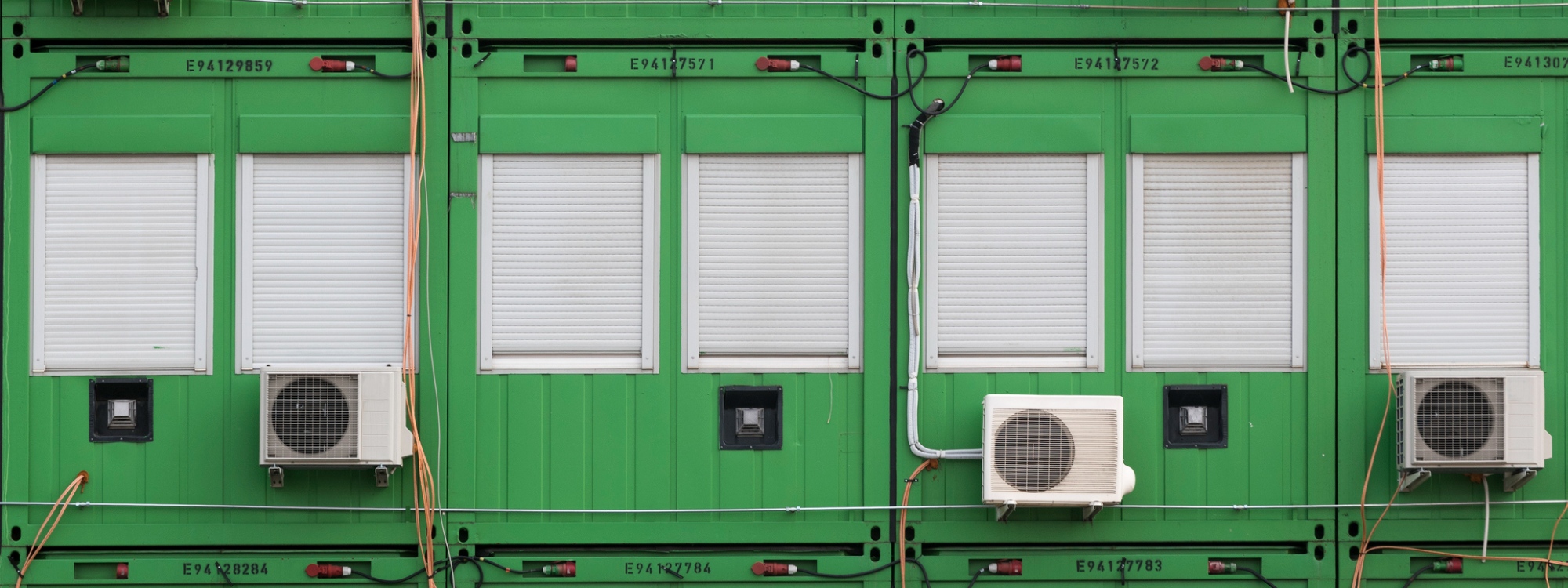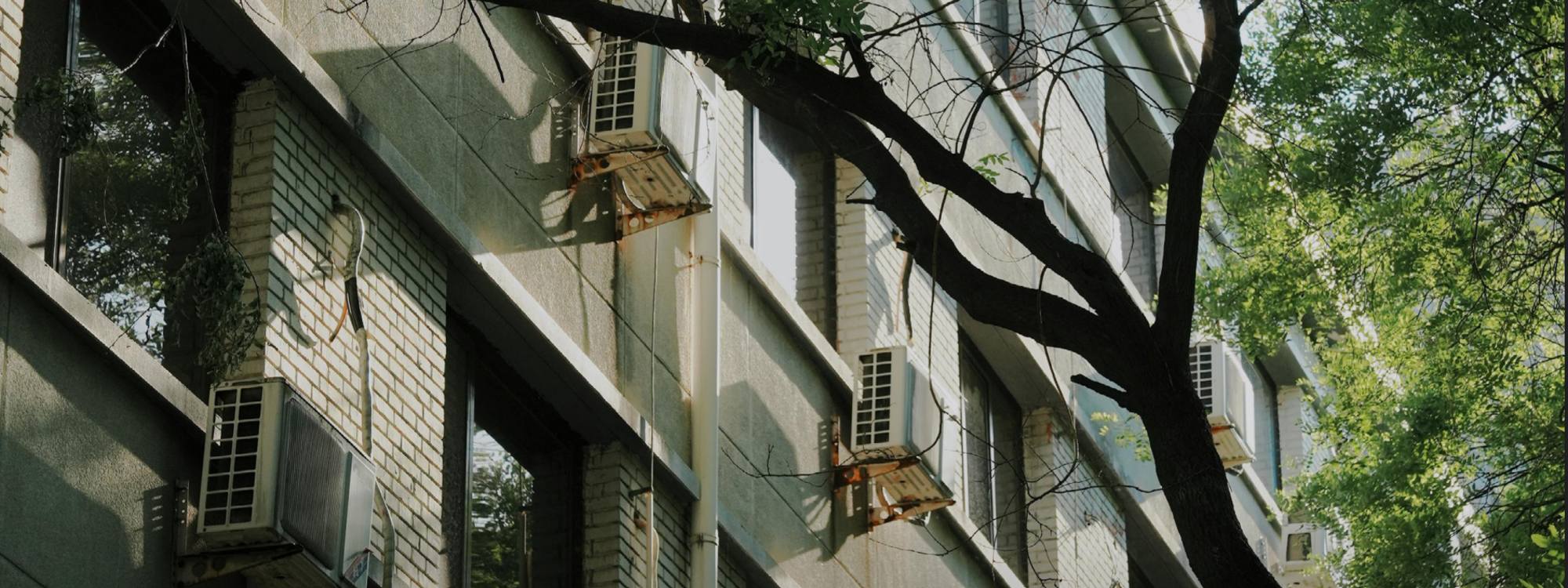Keeping it Cool at Climate Week NYC: A Step Forward for Extreme Heat Resilience
With 2023 declared the hottest year on record and 2024 poised to surpass it, the escalating threat of extreme heat demands urgent global action. Sustainable cooling has never been more critical, both as a means of building resilience against intensifying heat waves and as a way to curb emissions from the cooling sector, contributing to our warming climate. Whether making improvements to how we cool in more sustainable ways or unlocking ways to increase access to solutions for heat-vulnerable communities, the world must act on cooling now.
This urgency resonated throughout Climate Week NYC 2024, where the main message was “It’s Time” and a series of cooling-related events spotlighted diverse solutions. From deploying cool surfaces to combat urban heat islands to advancing financing strategies for sustainable cooling in developing nations, these sessions emphasized the importance of people-centered approaches that drive both climate mitigation and adaptation.
At the heart of these discussions was a shared understanding: advancing equitable, scalable cooling solutions is essential not only to protect vulnerable communities but also to foster a sustainable future for all. Here’s a glimpse into some of the most compelling cooling-related events that shaped the conversation.
Enlisting Sunlight in the Fight Against Climate Change
At the Climate Resolve event, a major focus was on using cool surfaces — like reflective roofs, walls, and pavements — to mitigate the urban heat island (UHI) effect and bring global climate benefits. The discussion also spotlighted Climate Resolve’s Shine On Initiative, which is supported by CCC. In the first of the session’s two panels, researchers talked about the latest science on reflective material performance and impacts on climate, while the second panel focused on implementing these solutions, with best practices shared from the Cool Community Project in Pacoima, California.
Financing Cooling in Southeast Asia
A roundtable on cooling finance in Southeast Asia, hosted by Climate Resilience for All and CCC, brought together key financial institutions, including the World Bank, IFC, and other groups, creating enabling environments for more investment in clean cooling deployment. The discussion underscored the importance of blended finance and data-driven decision-making to drive investment in cooling solutions.
Sustainable Cooling in India
A panel on sustainable cooling in India, hosted by Sequoia Climate Foundation, explored pathways for scaling clean cooling deployment in India while minimizing climate impacts. Representatives from CLASP, NRDC India, SEWA (Self Employed Women’s Association), Spectrum Impact, and the U.S. State Department stressed the importance of promoting super-efficient appliances to avoid overwhelming the power grid, and closing the cooling access gap for marginalized, low-income communities.
Mobilizing Investment for Global Cooling Needs
A key highlight was the IFC and UNEP event on cooling financing, where the IFC launched its new report, Mobilizing Investment for the Developing World’s Sustainable Cooling Needs. The report outlines critical steps for scaling financing solutions that address the unique challenges of cooling in developing markets. Multilateral cooperation, bolstered regulation, and innovative financing models are essential to driving the wide-scale uptake of sustainable cooling technologies.
Addressing Lethal Humidity with Research and Innovation
As climate change intensifies, the health impacts of lethal humidity are becoming a growing concern. At Climate Week, the Minderoo Foundation announced 10 new research projects that would receive funding, including an initiative to develop a global early warning system for deadly humid heatwaves. They also launched the Lethal Humidity Global Council (LHCC). These efforts represent an important intersection of cooling and public health, especially as many regions experience more frequent and severe humidity-driven heat waves.
Seizing the Efficiency Opportunity
An event co-hosted by RMI and IEA emphasized the role of energy efficiency in the energy transition and the need to double efficiency progress by 2030. This is especially critical in the cooling sector, where the average unit sold globally operates at less than half the efficiency of the best-performing models available in certain markets. A shift in communications strategies was identified as crucial for amplifying the energy efficiency narrative and driving greater investment and action, prior to expanding existing energy systems or building new capacity.
The Next Step: Building Momentum for Global Cooling Action
The cooling-related events at Climate Week NYC 2024 showcased the wide range of solutions, from community-based projects to large-scale financial interventions, that are already making a difference. Whether through innovative technology, local partnerships, or global financing strategies, cooling is essential to building climate resilience for the future.
As the world faces an ever-warming planet, these events underscored that equitable access to cooling is not just a matter of comfort—it’s a matter of survival. By keeping a focus on innovation, collaboration, and people-centered solutions, we can continue to drive progress toward a cooler, more sustainable world.




